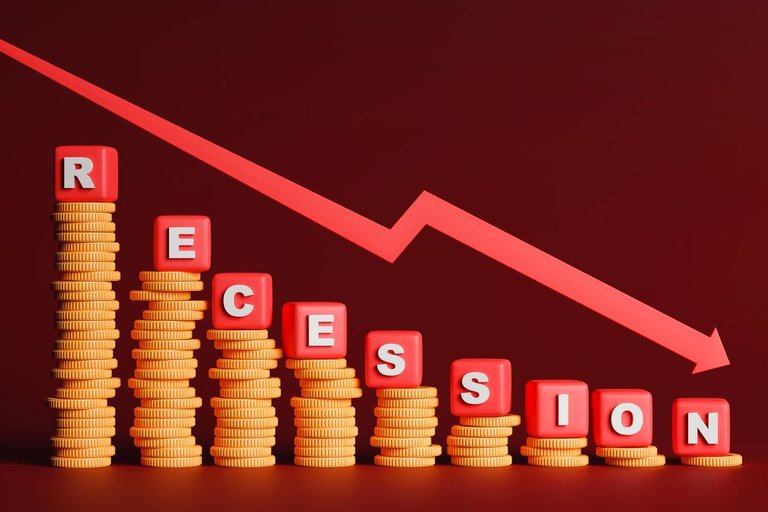The indian stock market has been rallying like anything. The market has gaining new height every day. Today also, the Nifty and sensex reached their all time high. While it was like a dream comes true for many Investors, it may create a sense fear of a market crash. Very similar that we saw in 2007-08. Many analyst look at the uptrend cycle as the longest ever rally the indian market ever witness. While there was a fear of recession post the Fed Rate Cut but the way market took a postive move, everyone was surprised. No one correctly judge the market sentiments.
The Indian market was waiting for the fed rate cut annoucement since long. It was long due and the market wanted to experience a new triggers to happen in the stock market. But post the rate cut, there is still a panic situation that engulfed in many investors mind. However being a smart investor one should not fear and get panic in these situation. Because once we get panic, we might degrade our thinking and decision making ability. As everything is related with the rate cut announcement. We should understand how the rate cut affect the stock market or the economy.
The central bank of a country, (RBI in India, Fed bank in USA etc) are the governing body who look after the growth and inflation of the country. There minor change will bring a drastic effect to the entire economy. They introduced either the increase or decrease the rate cut in order rhe balance the GDP of the economy. An increase in the rates may result in some adverse consequences. It will lead to :
Reduce spending: The high rate is an indication of Inflation and may restrict individual to spend less.
Costly Loans EMI: the direct effect of an increase in rates reflect on various loans and EMI.
Reduced Demans: A higher rate will reduce the demands of the goods and services as the increase in rate may directly or indirectly falls on the consumers.
Reduced sales and profits: The increase in rate also results in lower demands which affect the sales and alternatively the profits of the company.
Increase unemployment: The company unable to afford the higher cost may target the workforce. Firing, no increment, no bonus are some of the effects of higher rates.
Reduced household income: The result of everything affects the household income on an individual.
This is a entire cycle that are connected to one another. We will notice the similar cycle in reverse mode in case the rates were reduced. Everything will affects the GDP of the economy and simultaneously we will see the ripples in the economy as well as the stock market.
This time tye fee rate cuts happened after a gap of 4 years. And with the last months news of declining unemployment reports in USA, the Investor's in India are expecting a 2007-08 kind of recession. However they forgetting the positive side of the rate cuts. The way the rate cuts were introduced, we have seen some strong stock rally and hope to see further progress. Negating with the rumours, the indian stock market too seen a huge inflow of FII money. Which is considered to be a good sign. Being an emerging market there is a huge potential, and a smart Investor know how to ride the tide.
Peace !!
Namaste @ steemflow
Posted Using InLeo Alpha


